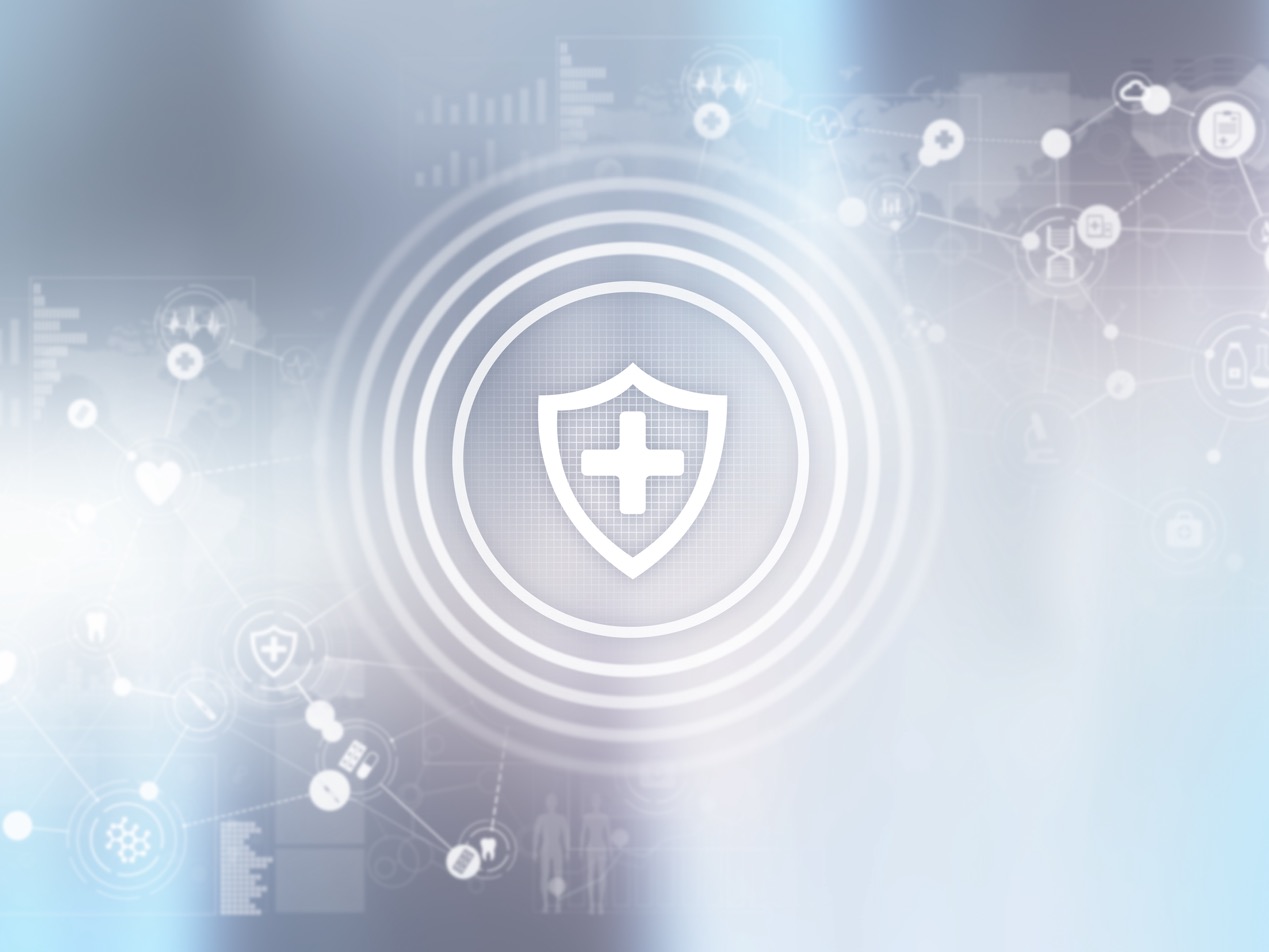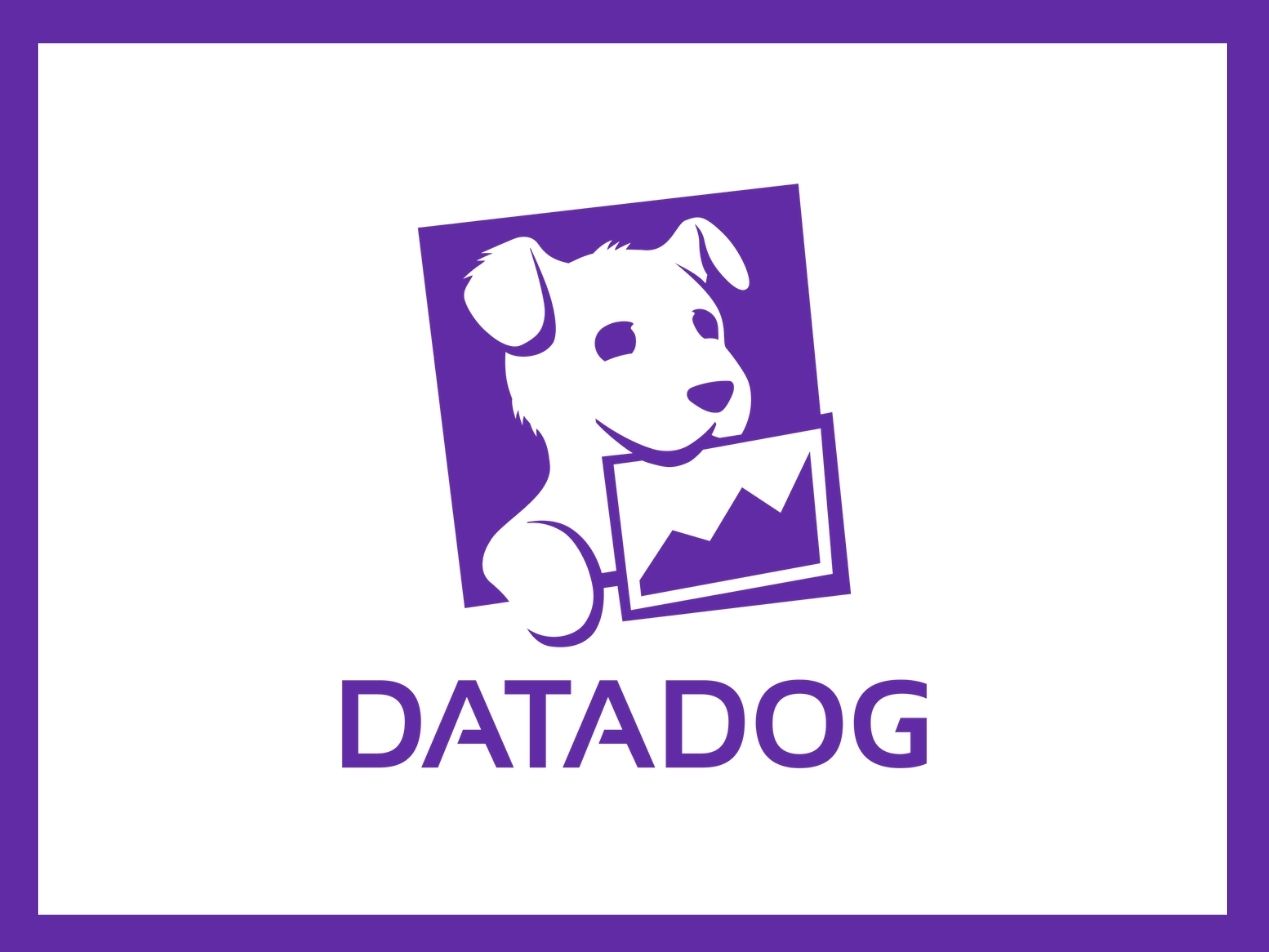2 min read
HIPAA's transmission security requirement: Use encrypted email for compliance
 Dean Levitt
March 27, 2023
Dean Levitt
March 27, 2023

Secure, encrypted email helps healthcare organizations achieve HIPAA’s transmission security requirement without the friction of portals or faxes.
The transmission security requirement, part of the Technical Safeguards within the HIPAA Security Rule, protects electronic protected health information (ePHI) during transmission over electronic networks – i.e., when sending an email.
Secure, encrypted email solutions like Paubox help bring healthcare organizations into compliance with these requirements, offering a superior alternative to patient portals and faxes.
Understanding HIPAA’s transmission security requirement
(e)(1) Standard: Transmission security. Implement technical security measures to guard against unauthorized access to electronic protected health information transmitted over an electronic communications network.
§ 164.312 Technical safeguards.
Transmission security under the HIPAA Security Rule focuses on two implementation specifications: integrity controls and encryption.
Integrity controls
Integrity controls ensure ePHI remains unaltered during transmission, while encryption converts ePHI into unreadable code, protecting it from unauthorized access. Healthcare organizations must implement appropriate measures based on their risk assessments to achieve compliance.
Encryption
Encryption refers to converting ePHI into a coded, unreadable format while it’s being transmitted and prevents unauthorized parties from accessing the patient’s information. With TLS encryption, ePHI remains protected from unauthorized access, modification, or disclosure while in transit, helping organizations achieve HIPAA compliance.
Healthcare organizations can use encrypted, HIPAA compliant email to meet the transmission security requirement by safeguarding ePHI during email communication.
Benefits of encrypted email:
Encrypting email offers several advantages over alternative approaches like patient portals and faxes:
- Streamlined communication: Encrypted email allows seamless, secure communication between healthcare providers, patients, and other stakeholders without requiring additional steps or platforms.
- Reduced friction: Unlike patient portals that demand logins and separate interfaces, encrypted email provides a familiar, user-friendly experience.
- Enhanced security: Modern encryption protocols like TLS 1.3 offer robust protection for ePHI, ensuring HIPAA compliance and safeguarding sensitive data.
- Cost-effectiveness: Implementing encrypted email can be more cost-effective than maintaining patient portals or relying on outdated fax machines.
Dispelling the portal and fax myth
While patient portals and faxes are common methods for transmitting PHI, they are not explicitly required by HIPAA. They represent only two potential approaches to meeting the transmission security requirement.
However, with the ubiquity of email, encrypting email is a better way to achieve compliance.
Portals: While secure, patient portals can be cumbersome, requiring patients and providers to log in to a separate platform to access messages and documents. This added friction may deter users from engaging with the system.
Faxes: Despite their continued use in healthcare, faxes are an antiquated technology with inherent security risks. In addition, faxes can be slow, cumbersome, and costly.
Maximizing the benefits of encrypted email
While adopting encrypted email solutions offers numerous advantages, healthcare organizations should also consider potential challenges and opportunities for improvement. Organizations can maximize the benefits of encrypted email by focusing on employee training, ensuring compatibility with existing systems, and staying informed about legal requirements and future developments.
Employee Training: Develop tailored training programs to help staff understand the importance of encrypted email and learn how to use the new system effectively.
Compatibility: Assess compatibility between the encrypted email solution and existing systems, conducting pilot tests and customizing the solution as needed.
Legal Requirements:
- Conduct risk assessments and HIPAA compliance audit
- Maintain business associate agreements (BAAs) with email service providers.
- Stay informed about state-specific privacy laws to ensure compliance.
Future Developments: Keep an eye on emerging trends and technologies, such as advancements in encryption protocols and the growing role of AI in email security.
Encrypted email solutions like Paubox provide healthcare organizations with a seamless, secure, and user-friendly way to meet the transmission security requirement of the Technical Safeguards within the HIPAA Security Rule. By encrypting email, organizations can achieve compliance while minimizing friction and maximizing efficiency, making it a superior alternative to patient portals and faxes.
Related: How to send HIPAA compliant emails
Subscribe to Paubox Weekly
Every Friday we bring you the most important news from Paubox. Our aim is to make you smarter, faster.




